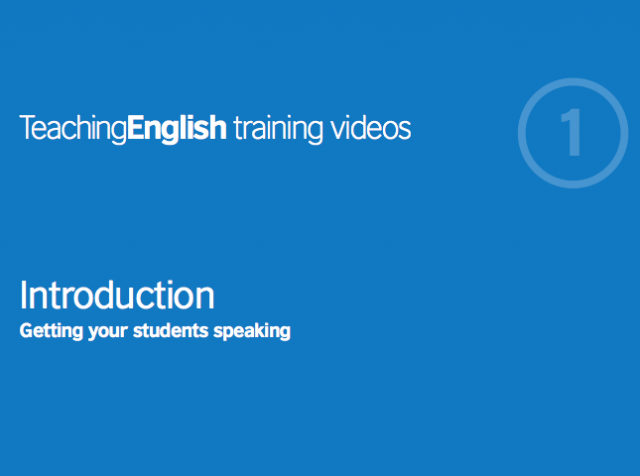
One of the aims of this session is to help you or your trainees see the differences between accuracy and fluency and to understand why each is important. You or your trainees are asked to think about some of the key problems that students face in your context. Are they mainly problems with accuracy or fluency – or both?
This unit contains the following elements:
- A short video.
- A downloadable series of reflection tasks and activities.
- An answer key and further opportunities for reflection.
- If you are a teacher trainer and are planning to use the material in a face-to-face context, there is a set of trainer notes for each topic.
The videos in this series express the view that “English language teaching has the same challenges the world over”, but that the solutions to these problems depend very much on the local context, and for this reason the approach taken focuses on tasks that enable the participants to relate the video to their own specific practice and experience.
If this video is not available for viewing in your location, please click here
Comments
Where is the video?
Hi! I cannot watch the video, can anyone help me, please?
planning and organising your time
2. preparing yourself
3. anything else?